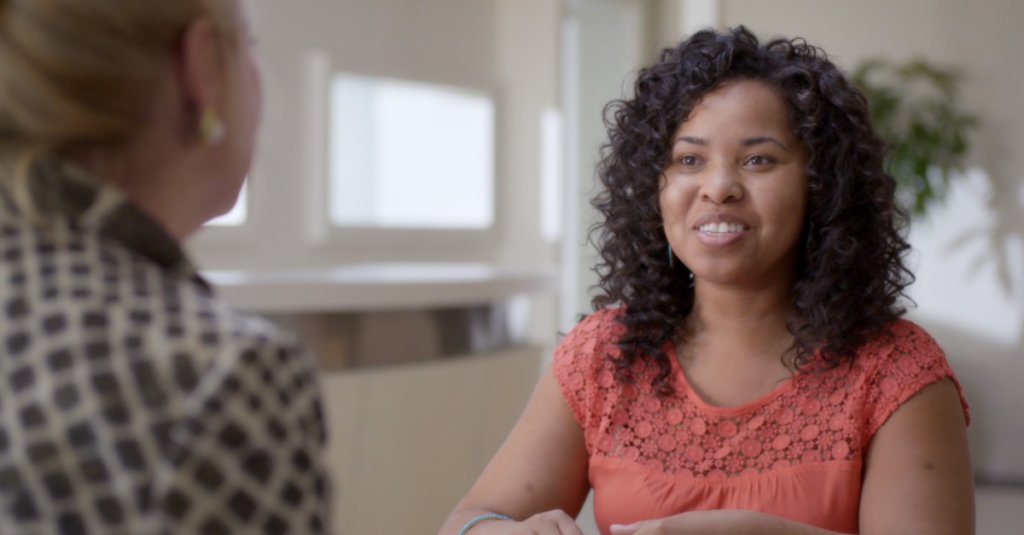The skin care brand wants another viral success. And they’ll get it at the expense of women’s dignity.
This article was made possible because of the generous support of DAME members. We urgently need your help to keep publishing. Will you contribute just $5 a month to support our journalism?
Empowering. Uplifting. Eye-opening. These are a few of the words Dove is banking on with the latest installment of its “Real Beauty” marketing strategy. But try: Manipulative, patronizing, and downright offensive. In Dove: Patches, the “film” released today that will be marketed in 58 countries (their largest campaign reach yet), a group of women is given RB-X, a Dove beauty patch “developed to enhance the way women perceive their own beauty.” Spoiler alert: It’s not a real thing! But, Dove proves, the results are. The ruse goes on for two weeks, and all the while these hoodwinked women keep video diaries about how they feel. According to the edit of the ad, they gain confidence, get more comfortable in their skin, and feel beautiful no matter what. The big reveal shows these “results” are all thanks to the power of suggestion. Cue the emotive music and poignant tears. But before you start choking up, realize this: This gooey depiction of female empowerment Dove: Patches isn’t a film. It’s, what else? An advertisement.
I have to admit, in 2004 when Dove launched a campaign using women who were not tall, white, thin models, I applauded the brand. It felt good to see female diversity in the beauty realm, even if—perhaps even especially because—it was part of a marketing strategy. But as their “dedication” to improving women’s self-esteem crosses the decade mark, each attempt feels increasingly icky, reinforcing the assumption that women’s self-worth is tied to appearance, and that we all just secretly hate ourselves anyway. In “Real Beauty Sketches,” Dove’s previous effort to show women how silly our self-perception is, a sketch artist drew a handful of women based on their own description, then drew them again based on a description given by a stranger. Obviously the women-led sketches were horribly dysmorphic; the ones drawn from a stranger’s depiction were beautiful. Yet this commercial holds rank as the most-watched ad on the Internet ever. And you know what that means for Dove? Ka-ching! They’ve hit their sweet spot, manipulating the vulnerability of women, which is truly the bread and butter of the beauty industry. But what makes Dove so insidious, is that the company is doing it under the guise of good-heartedness. Which makes their increasingly inauthentic ads so much worse. “We’re constantly working at new and surprising ways to move women along in their personal journey,” said Sharon MacLeod, the vice-president of personal care for North America at Unilever—which owns Dove, a huge multinational brand—about Patches. “It’s a great way to talk to women.” My personal journey may involve a struggle with self-esteem, and a daily fight against society’s insane beauty norms for women. But I certainly don’t want it to include a corporation that wants a pat on the back for telling me I’m okay, while shilling products that tell me I’m not.
